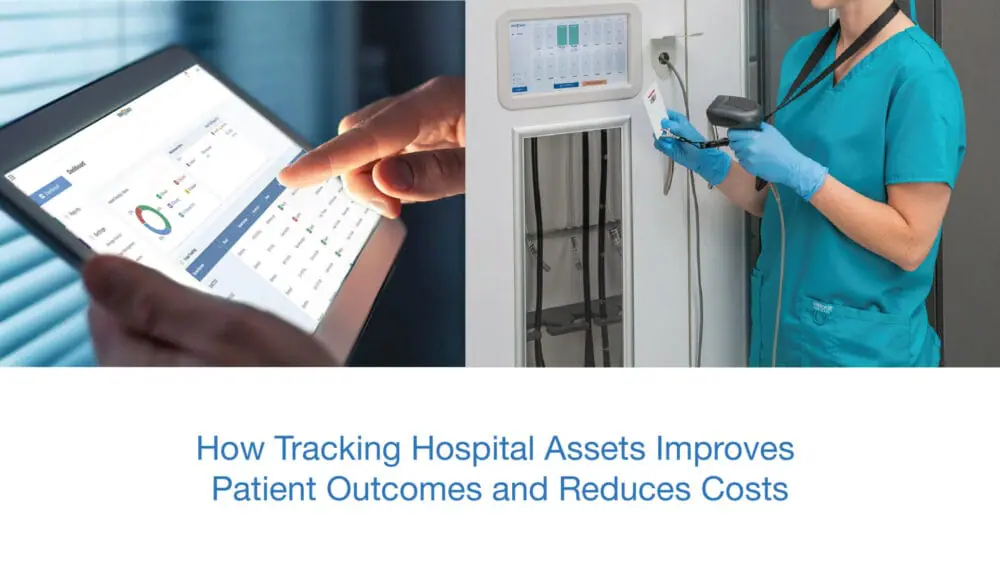
Experts estimate that the cost of medical supplies increases by six percent annually and may account for up to 20 percent of a hospital’s total expenses.
Hospitals lose track of 10 to 20 percent of their supply and equipment inventory, costing thousands, if not millions, of dollars.
Supplies may be accidentally thrown in the trash, taken home by discharged patients, or pocketed by staff or visitors. Larger equipment is sometimes misplaced and frequently hoarded by staff. Unfortunately, medical equipment and medications are often stolen and put up for sale on online resale sites, such as eBay.
Missing equipment can also result in delayed or canceled procedures. Delaying treatment due to a lack of medical equipment may result in poor patient outcomes.
Supplies not rotated to the front of storage shelves may expire. Reusable critical and semi-critical devices, like endoscopes, may harm patients if not handled and monitored safely. Inadequate disinfection and drying of endoscopes can result in deadly disease outbreaks.
What can hospitals do to curb theft, ensure their staff have the equipment they need when they need it, and improve patient care?
Lock and Track
Modern locks and tracking systems paired with remote monitoring help hospitals maintain a healthy inventory by reducing theft, enabling fast turnaround times, and monitoring the safety of critical patient devices.
Curb Theft
When mischief-minded staff members know that hospital equipment is monitored, they are less likely to risk stealing high-ticket devices and equipment.
WiFi-enabled lock systems, such as InnerSpace’s InterConnect Plus, require a pin code, badge swipe, or both. In addition, the InnerSpace Cloud platform makes it easy for managers to track users of med carts and supply cabinets and keeps smaller supply items safe.
Keep Medical Supplies and Equipment In Service and Accessible
The best devices and equipment are the ones that are accessible. Remote monitoring can help staff quickly locate equipment, reducing the time spent searching for a procedure cart or ready-to-use bronchoscope.
A robust tracking system means faster turnover times. Cloud platforms allow managers to receive notifications of resupply and maintenance requests, leading to less equipment downtime.
Provide Better Patient Care
Research shows that the more time nurses spend monitoring a patient’s condition, the better the clinical outcome. Mobile equipment tracking can help nurses find equipment quickly, limiting the time they spend away from direct patient care.
Tracking doesn’t just help staff find equipment. Scanning supplies into a cloud-based system can help managers keep track of devices nearing their expiration date. These items can be pulled for use, disposed of, or reprocessed.
Tracking the reprocessing steps of critical and semi-critical devices, such as endoscopes, can help keep patients safe and provide quality control.
A review published in the Annals of Clinical Microbiology and Antimicrobials found that many endoscope-associated infectious outbreaks were due to inadequate cleaning. The drying phase of endoscope reprocessing appears frequently in research articles as a likely culprit in infectious outbreaks.
The InnerSpace endoscope drying and tracking cabinets can be remotely monitored to track user access and ensure that scopes complete the drying cycle before use. Managers can track which scopes are ready for use and which are nearing the maximum hang time.
Add an extra layer of security with an automatic locking system. When the door to the cabinet closes, the lock automatically engages and requires a barcode scan to reopen.
Investing in tracking and locking features and systems is beneficial for a healthcare system’s bottom line, but more importantly, it makes the healthcare environment safer for staff and patients.

Cindy Blye
Content WriterCindy Blye, BSN, RN, CCM is a Registered Nurse and Certified Case Manager. She is an Alumni of West Virginia University School of Nursing (BSN), and a member of the Association of Health Care Journalists and The Authors Guild.